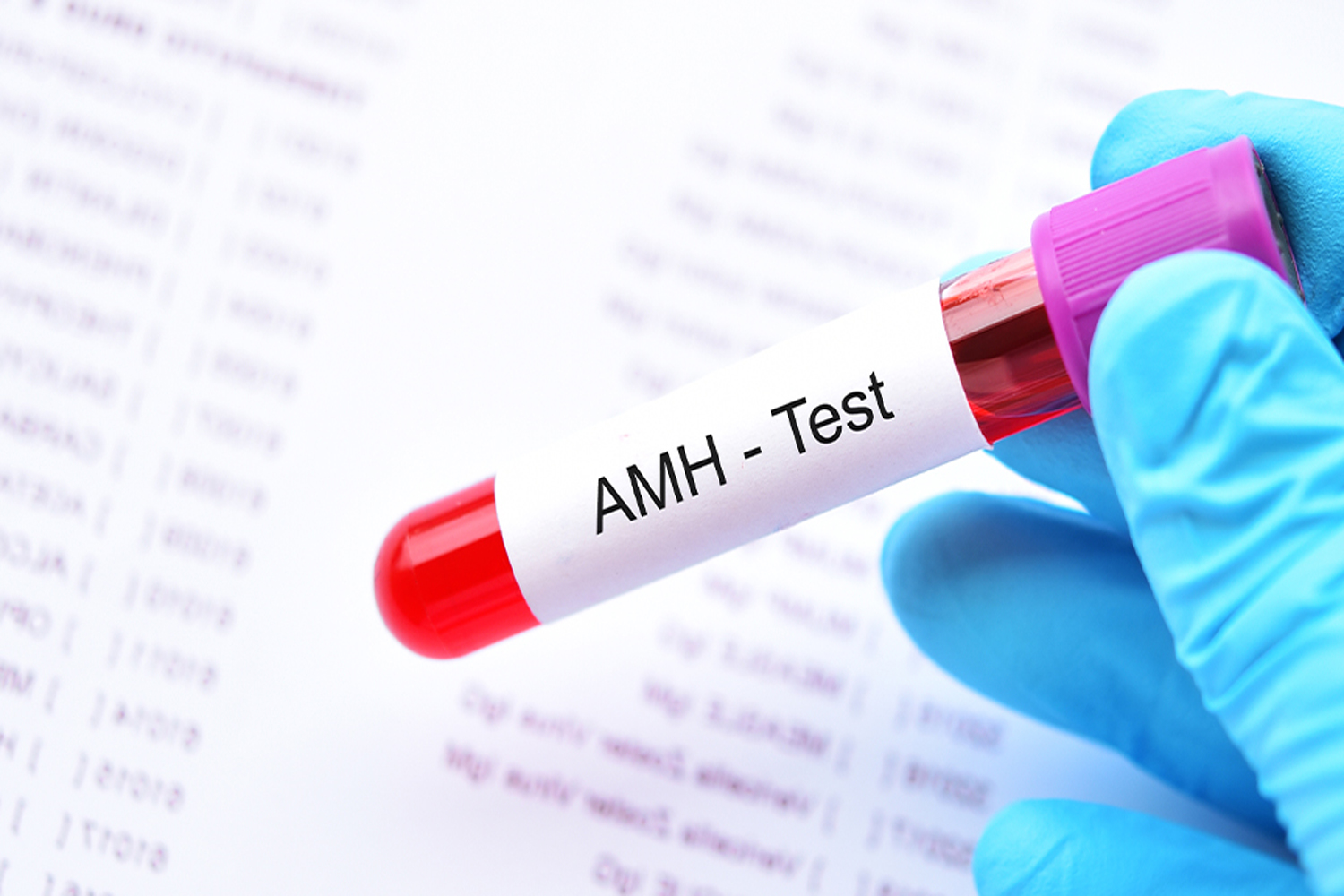
AMH or anti-mullerian hormone is produced from the ovaries. Its task in women is to help determine the egg cell to be selected for ovulation in the natural menstrual cycle.
As the ovaries age, the AMH level in the blood decreases.
Today, AMH is accepted as the most accurate blood test that shows the egg-producing capacity of the ovaries, that is, the ovarian reserve.
As the ovaries age, the AMH level in the blood decreases. It is also correct to say the opposite. In other words, if your AMH value is low, it means that your egg reserve has decreased, and your ovary will respond poorly to child treatment.
We do not routinely look at AMHs for every infertile woman. However, in women who we think have decreased ovarian reserve, we measure the AMH level to obtain more accurate information before starting treatment.
If your AMH value is less than the average value of 1 ng/ml, we can think that the ovarian reserve has decreased and the treatment response will be insufficient.
This is not certain, but it is highly probable that this will be the outcome. Rarely, we see women with low AMH levels who become pregnant with treatment.
If your AMH value is higher than 3.5 ng/ml, we can say that there will be an excessive egg response to the treatment. In this case, we will have to adjust the treatment dose more carefully.
In our clinic, we look at our required patients with AMH and interpret the results together with our patients.
You can get information about AMH measurement and other tests in our clinic by calling 0545 405 01 37 and 0318 233 03 03.
Prof. Dr. Yavuz Şimşek
